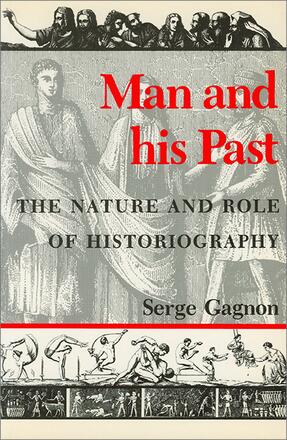
Description
Professor Gagnon’s book is a comprehensive survey of the views on historiography held by historians, sociologists, and philosophers in France, Britain, and the United States over the last forty years or more. British and American historians have been most receptive to the relativist thesis which Gagnon espouses, while French historians, with the exception of Lucien Febvre, have not greeted it with much enthusiasm. There has been very little discussion of the sociology of history in Canada, and by illustrating his viewpoint with Canadian, American, and particularly French-Canadian examples, he has brought the issues closer to home. There is an abundance of quotes in this volume from scholars of international reputation—Carr, Croce, Collingwood, Marc Bloch, Beard, Becker, Febvre, Pierre Vilar, Raymond Aron, Henri Marrou, Durkheim, Gurvitch, to name a few. His citations include opponents as well as proponents of historical relativism. As the author suggests: ‘Even if it aspires to scientific truth, historical scholarship is the child of its time. When the work of historians is deliberately present-minded, we may say that the dialogue between the present and the past becomes, in a sense, a monologue by the present on the past.